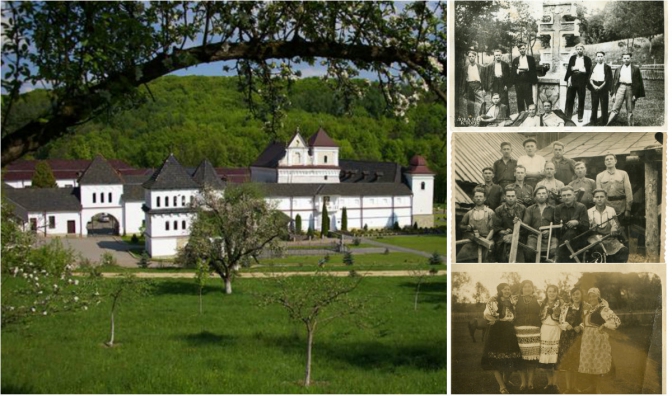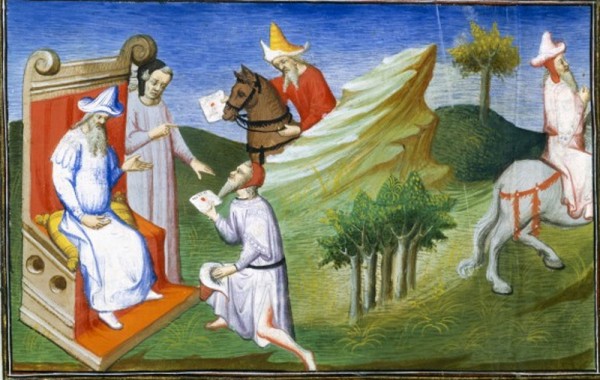Univ Monastery is located near the village of Univ, about 50 kilometres from Lviv (western Ukraine). There are historical reasons to believe that it was built in the thirteenth century. Metropolitan Andrey Sheptytsky often visited Univ Lavra, and Ivan Vishensky, the famous philosopher monk, wrote one of his polemical works within its walls.
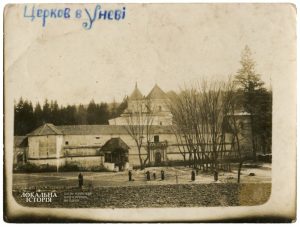
Univ was first mentioned back in 1395 when Polish King Wladislaw II Jagiello issued one of his charters in the town of Hlyniany near “the widely known Univ Monastery”.
On July 30, 1542, Polish King Sigismund the Old legalized the special status of Univ Lavra, granting it the right to elect its own Archimandrite (superior of a large monastery or group of monasteries of the Orthodox faith-Ed.), and the Bishop of Lviv was forbidden to intervene in the financial affairs of the monastic community.
The famous Ukrainian polemicist Ivan Vishensky resided here in 1606. In 1648, the monastery began operating its own printing press, and published many monographs and religious texts. In 1711, at the initiative of Bishop Varlaam Sheptytsky, a monastic council was held at the monastery, thus contributing to the further development of Univ.
In 1790, Halychyna (western Ukraine-Ed.) was integrated into the Hapsburg Empire, and the Univ Monastery was shut down as part of state policy. Over four decades the Univ estate was owned by Metropolitan Mykhailo Levytsky, who made the monastery into a summer residence, where he eventually died on January 14, 1858.
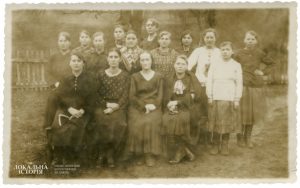
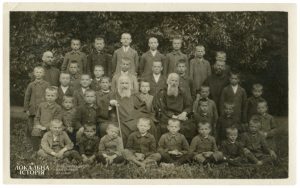
During the Second World War and in the postwar years, local Univ partisans joined the underground fight against the Nazis and Bolsheviks. The dense forests near the monastery witnessed one of the greatest battles between the UPA (Ukrainian Insurgent Army-Ed.) and Bolshevik troops. The UPA Verkhovyntsi Division (Highlanders), consisting of five sotnyas (including the Siromantsi, Burlaky and Poltavtsi), led by Commander “Yastrub” (Hawk) – former lieutenant in the Soviet Army Dmytro Karpenko – was surrounded by two NKVD battalions disposing of fighter planes and heavy artillery.
The partisans managed to repel 23 Bolshevik attacks. Despite superior enemy forces, they were able to break through enemy ranks. Two Soviet tanks were destroyed, one by “Yastrub” himself. 179 Soviet soldiers were killed, including one colonel and seven lieutenants, and some 120 Soviet soldiers were wounded. The Ukrainian losses were smaller – 24 riflemen were killed and 33 wounded.
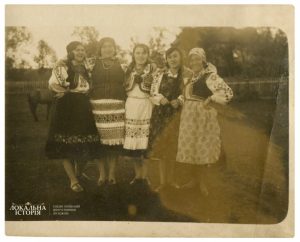
Even during Soviet occupation, Univ Lavra remained a centre of spiritual refuge for the faithful that did not recognize the decision of the sham Lviv Council in 1946 and refused to convert to the Orthodoxy faith.
On June 5, 1947, the Bolsheviks arrested Archimandrite Klymentiy Sheptytsky and sentenced him to 25 years imprisonment. The Soviet authorities closed the monastery and turned it into a shelter for the elderly, and later into a psychiatric hospital. In order to completely erase the memory of this sacred place, the Soviets renamed it Mizhhirya.
The old name was restored in 2003. Monks returned to Univ Lavra in 1991. Today, it is one of the most important pilgrimage centres in Ukraine.
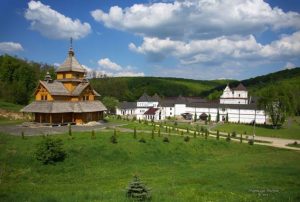
Related:
- The Church in the Bloodlands
- Secret ancestral codes: 12 main symbols in Ukrainian embroidery
- Church of Saints Olha and Yelyzaveta in Lviv: a royal tribute to love … and more
- Why Putin fears the Ukrainian Catholic Church
- Moscow Patriarchate beefs up its staff for hybrid operations against Ukraine
- Pro-Russia militants in occupied eastern Ukraine torture protestant pastor to convert to Russian Orthodox Church
- The Kremlin turns priests into obedient “comrades”
- Terrorist youth camp set up at a Russian Orthodox Monastery near Moscow
- How the Moscow Patriarchate is creating a separatist Lavra “republic” in Kyiv




